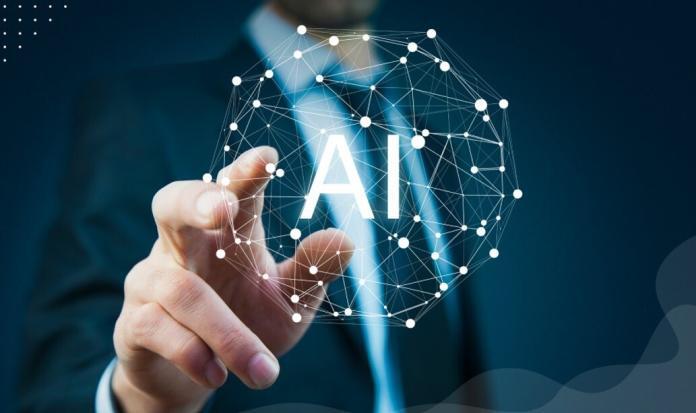In the constantly changing field of mental health, artificial intelligence (AI) integration is a game-changer. This article explores the various ways that artificial intelligence (AI) might be applied to improve mental health monitoring, providing deep insights into a person’s psychological well-being.
Understanding the Role of AI in Mental Health
The unmatched capability of artificial intelligence to process enormous volumes of data is the cornerstone of its application in the field of mental health. Machine learning algorithms, which are a subset of artificial intelligence, can filter through many datasets to recognize patterns and trends, thereby offering a comprehensive picture of an individual’s mental state over time. This exceeds the capacity of traditional approaches, making way for a more nuanced knowledge of the complexities involved in mental health dynamics.
Data-driven Insights through AI Analysis
The generation of insights that are driven by data is one of the primary benefits that can be derived from using AI in the monitoring of mental health. The algorithms that power AI do detailed analysis on a wide variety of data points, including activity on social media platforms, language use, and physiological signs. By performing this research, AI can reveal patterns that are indicative of changes in mental health. Examples of things that can serve as precursors to changes in mood or emotional well-being include modifications in linguistic patterns and alterations in social relationships.
Continuous Monitoring for Timely Intervention
Assessments of mental health carried out following traditional practices typically take place on an ad hoc basis. AI, on the other hand, holds out the possibility of continuous monitoring. AI systems can detect tiny changes that could go unnoticed during periodic assessments by carefully analyzing the activities and patterns of behavior that occur daily. This constant monitoring makes it possible to intervene at the appropriate time, giving individuals the ability to deal with developing problems before they become more serious.
Natural Language Processing for Emotional Context
Natural Language Processing (also known as NLP) is an essential component of artificial intelligence’s success in monitoring mental health. Deciphering the emotional context that is inherent in written or spoken language is the focus of this area of artificial intelligence (AI). NLP algorithms go beyond simple sentiment analysis and delve into the complexities of language to identify subtleties associated with a variety of mental health disorders. This allows the algorithms to go beyond the limitations of traditional sentiment analysis. This linguistic understanding adds depth to the insights that can be gained via AI-powered analysis.
A Revolution in Mental Health Documentation
The introduction of AI-powered progress notes is heralded as a game-changing development in the field of mental health recordkeeping. Throughout treatment sessions, professionals traditionally rely significantly on taking handwritten notes. This procedure is made far more efficient because of AI notes, which automate the collection and evaluation of verbal and nonverbal cues. This not only makes the physicians’ jobs easier but also ensures that the documentation of an individual’s mental health journey is more precise and thorough.
Personalized Treatment Plans through Predictive Analysis
The powers of artificial intelligence for predictive analysis bring in a new era of individualized treatment strategies. Through the analysis of recurring patterns in a person’s mental health history, AI can forecast foreseeable difficulties and make recommendations for treatments that are specifically adapted to meet the requirements of each individual. This proactive approach improves the efficacy of mental health care by matching therapies more closely with the complex and varied requirements of the mental health journey of each individual.
Conclusion
The integration of artificial intelligence (AI) with mental health progress tracking signifies a revolutionary development in the comprehension and administration of mental health. AI has a great deal of potential for the field of mental health, from ongoing observation and data-driven insights to the introduction of AI progress notes. A careful and moral approach guarantees that AI becomes a potent ally in promoting mental well-being for people across the world. Because AI and the intricacies of the human mind work together so well, the future looks promising for a more knowledgeable, tailored, and responsive mental healthcare environment.
References:
- Data Shows AI Accurately Tracks Therapy Progress, Helping Therapists Improve Mental Health Treatment
- The big promise AI holds for mental health







